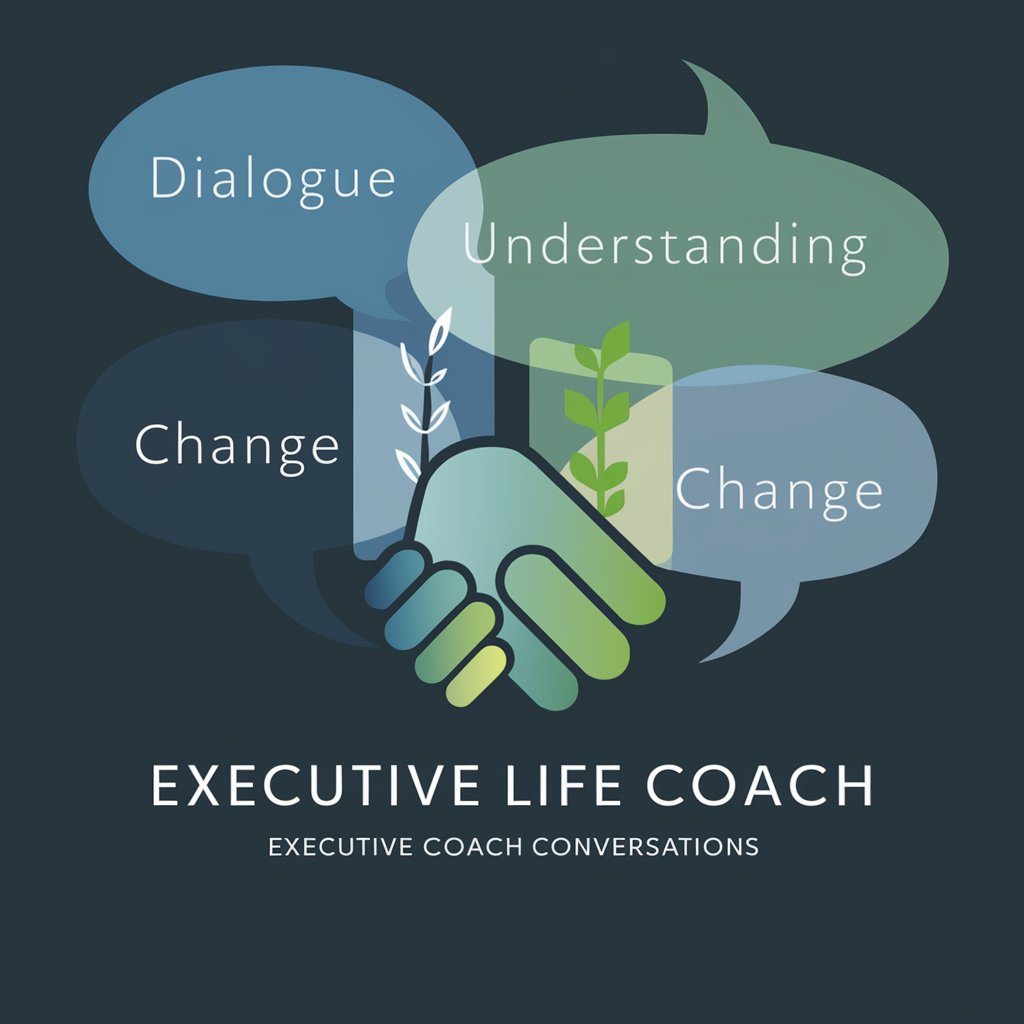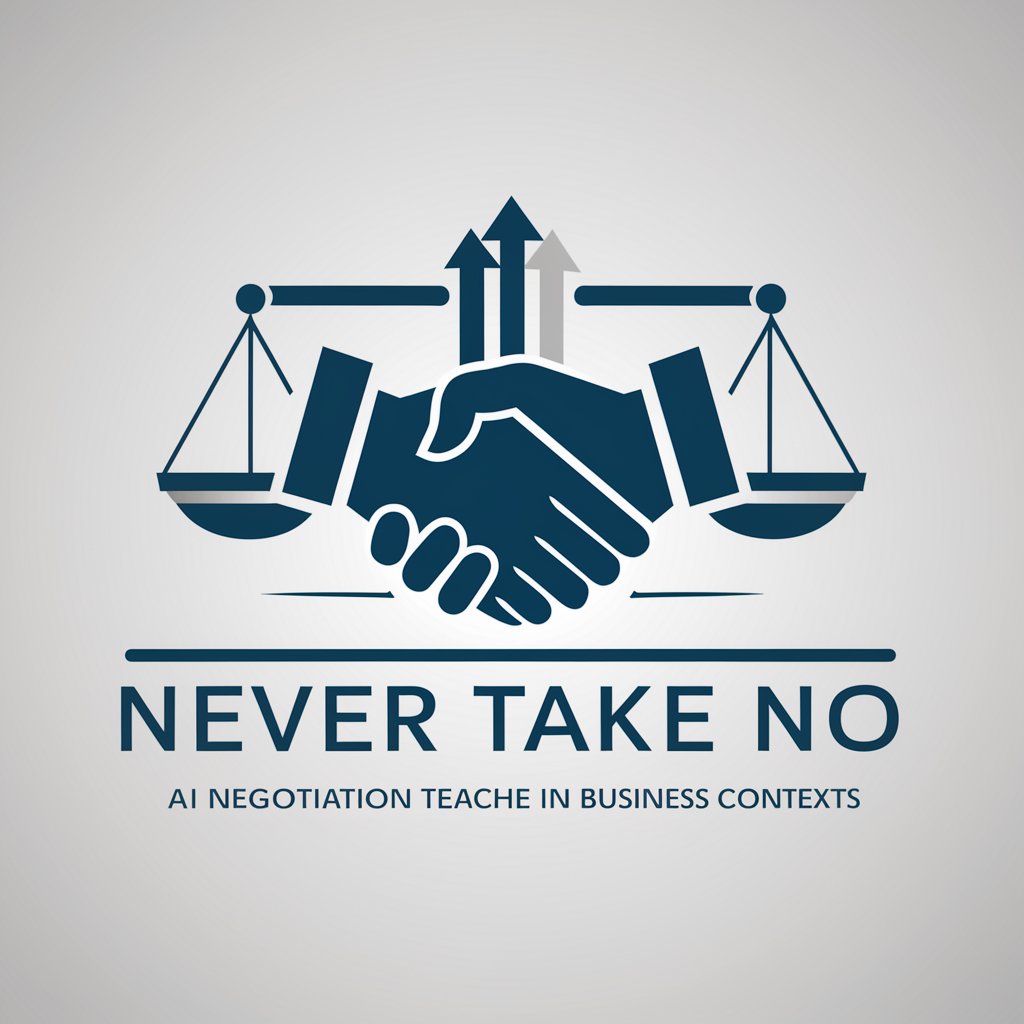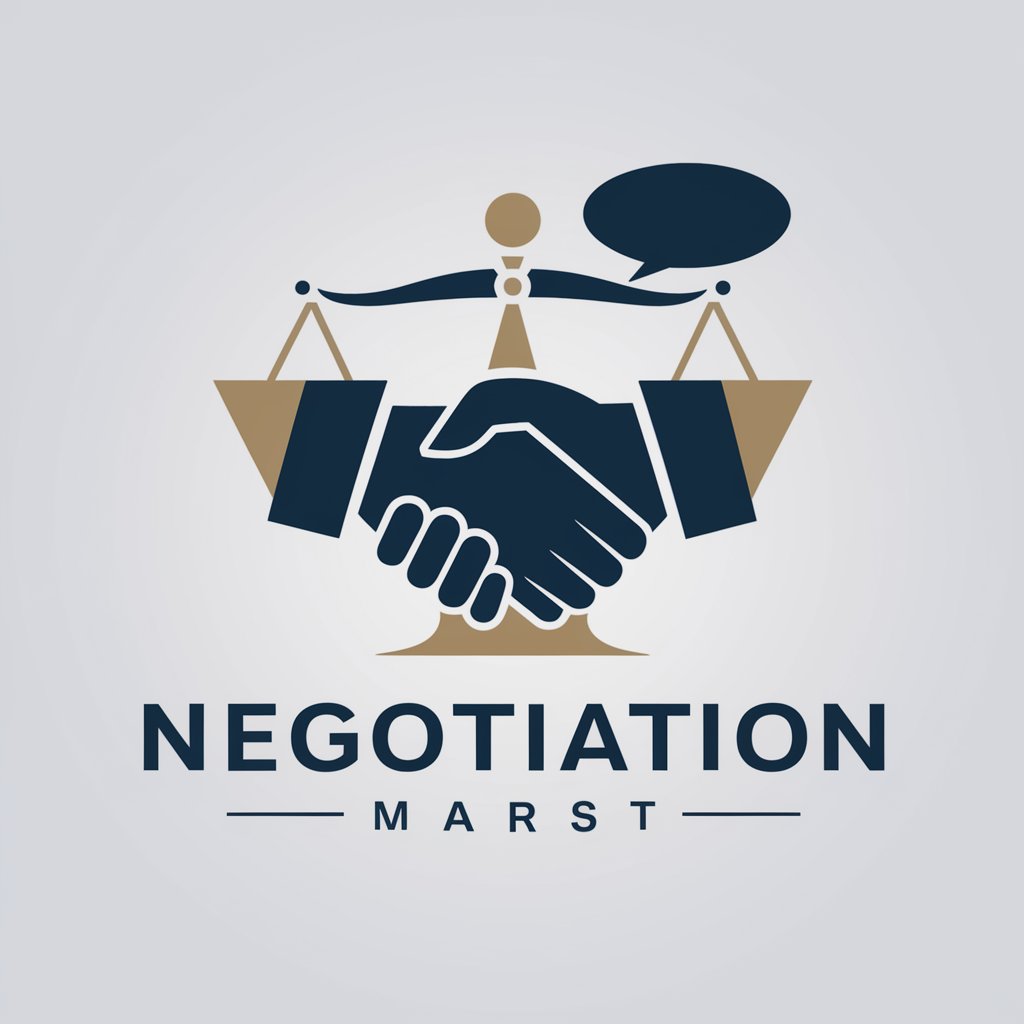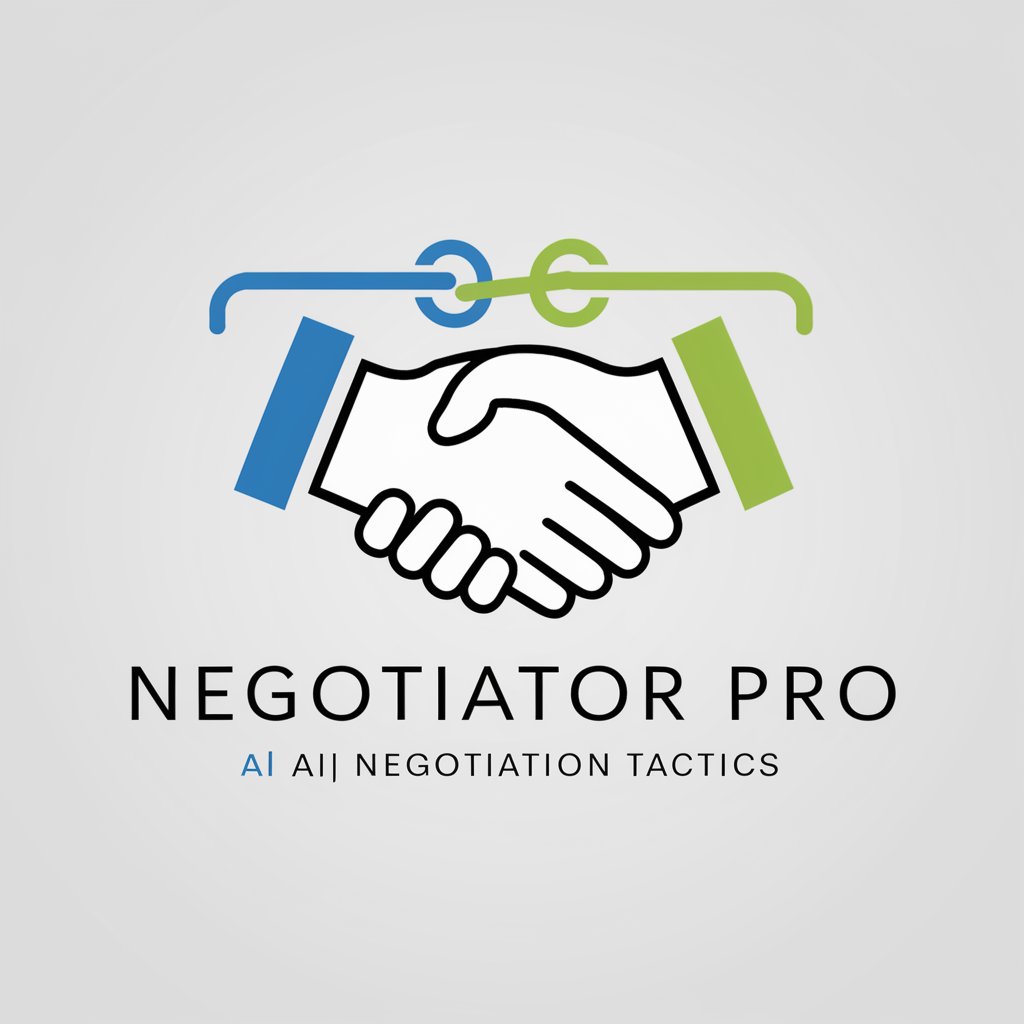
Never split the difference - negotiation strategy tools
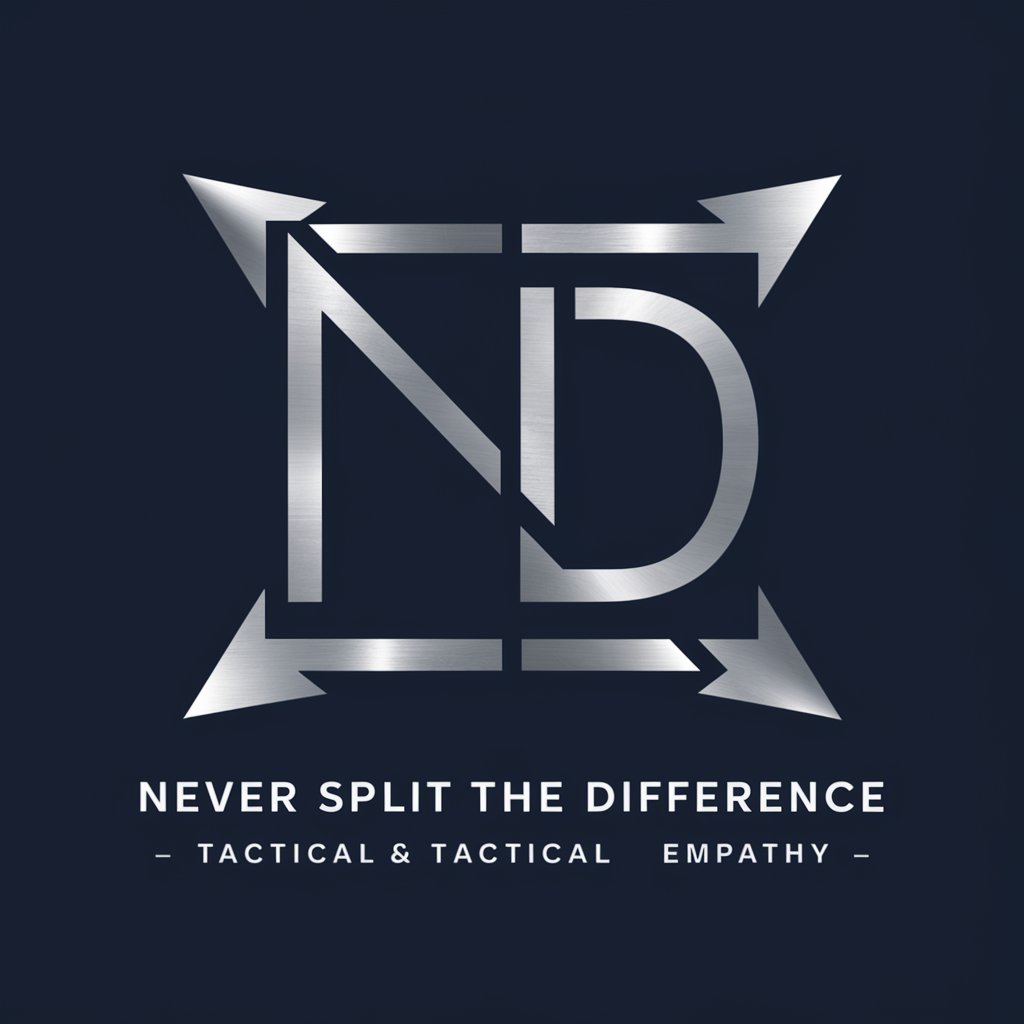
Welcome! Let's master negotiation together.
Master negotiations with AI-driven insights
Imagine you're in a high-stakes negotiation. What strategies would you use to establish rapport?
How would you leverage tactical empathy to gain trust in a difficult conversation?
Describe a situation where asking calibrated questions transformed a conflict into collaboration.
What methods can you use to uncover the hidden needs of your counterpart in a negotiation?
Get Embed Code
Introduction to Never Split the Difference
Never Split the Difference is a negotiation philosophy and methodology developed by Chris Voss, a former FBI hostage negotiator. It emphasizes the use of emotional intelligence, empathy, and strategic communication to negotiate effectively. Unlike traditional negotiation tactics that promote compromise, Voss's approach focuses on understanding the counterpart's motivations and using tactical empathy to influence outcomes without splitting the difference. For example, in a high-stakes kidnapping situation, instead of offering a ransom halfway between what the kidnappers demand and what the negotiators want to pay, Voss would use calibrated questions and active listening to change the game, aiming for a better outcome while building rapport. Powered by ChatGPT-4o。

Main Functions of Never Split the Difference
Tactical Empathy
Example
Understanding and vocalizing the counterpart's feelings to build trust and openness.
Scenario
In a corporate negotiation, acknowledging the challenges faced by the other party to foster a more collaborative discussion.
Calibrated Questions
Example
Asking open-ended questions that start with 'how' or 'what' to make the counterpart solve the problem.
Scenario
When buying a car, asking 'How am I supposed to pay that price?' to shift the pressure back onto the seller.
Labeling
Example
Identifying and naming the counterpart's emotions or fears to diffuse them and move forward.
Scenario
In a salary negotiation, saying 'It seems like you're concerned about budget constraints' to address and overcome objections.
Mirroring
Example
Repeating the last few words the counterpart says to encourage them to expand on their thoughts.
Scenario
During a dispute resolution, repeating the last three words of the other's statements to deepen understanding and uncover underlying issues.
Accusation Audit
Example
Preemptively addressing potential negatives the counterpart might think about you.
Scenario
Before starting a negotiation, listing out all the reasons the other party might distrust you to neutralize potential objections.
Ideal Users of Never Split the Difference
Business Negotiators
Professionals in sales, procurement, HR, and management can use these strategies to close deals, resolve conflicts, and negotiate salaries or contracts.
Law Enforcement
Police negotiators and investigators can apply these techniques in crisis situations to de-escalate conflicts and resolve standoffs safely.
Everyday People
Individuals can use these strategies in personal scenarios such as negotiating rent, buying a car, or resolving family disputes, benefiting from improved outcomes through strategic communication and empathy.

Guidelines for Using 'Never Split the Difference'
Access the platform
Begin your journey by visiting yeschat.ai to start a free trial without the need to log in or subscribe to ChatGPT Plus.
Understand the principles
Familiarize yourself with core negotiation techniques such as tactical empathy, active listening, and labeling, which are foundational to the 'Never Split the Difference' approach.
Apply in practice
Use the strategies in a variety of negotiations, practicing calibrated questions, the Ackerman model, and finding Black Swans to enhance outcomes.
Analyze and adapt
After each negotiation, reflect on what worked and what didn't, and adapt your approach based on these insights to improve future negotiations.
Seek advanced insights
Continue learning through advanced scenarios and case studies available on the platform, deepening your understanding and application of the techniques.
Try other advanced and practical GPTs
AI ホスト“ティナ”
Empathetic AI for Everyday Conversations

Who owns your product?
Discover Who Owns Any Company
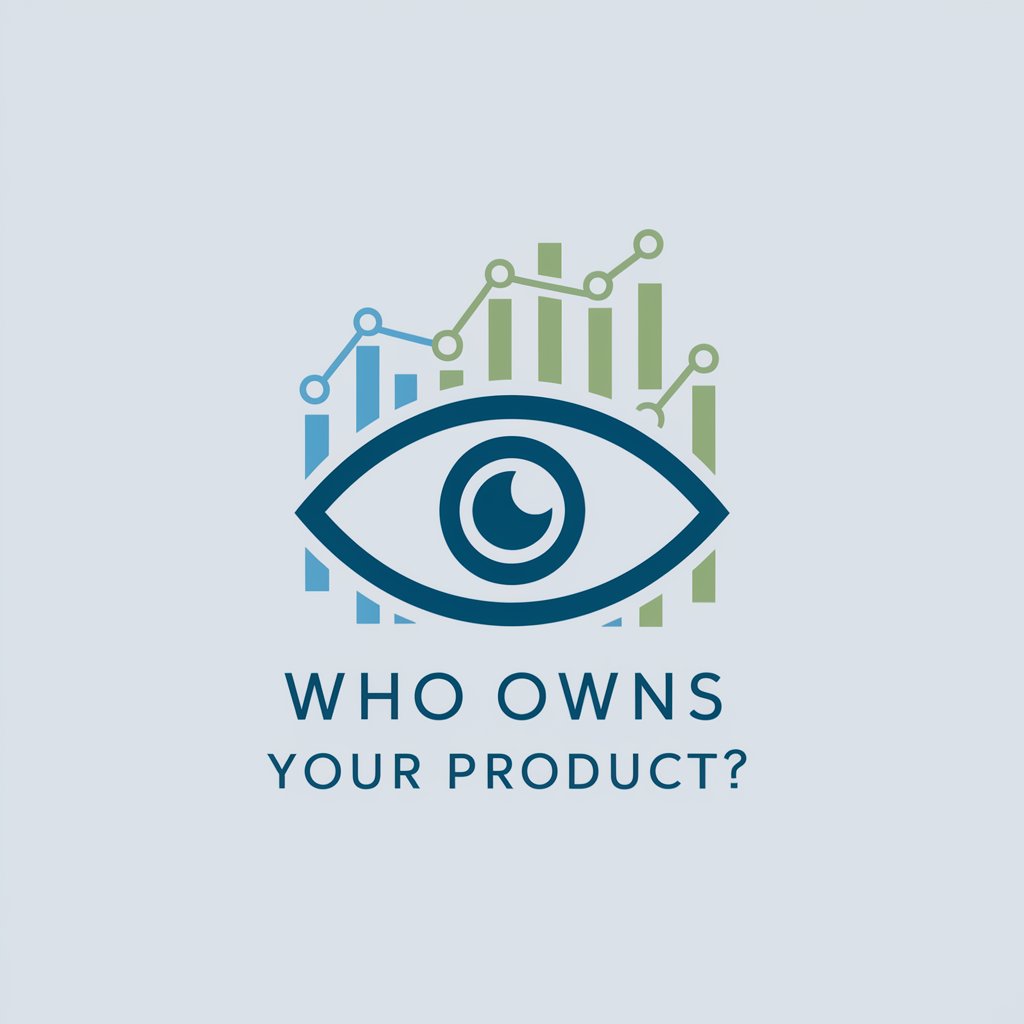
Universal Economist (UEC)
Empowering Economic Decisions with AI

AI 広島のおっちゃん
Immerse in Hiroshima with AI

AEPD Cookie Banner Tester
AI-powered Cookie Compliance Checker

Top Line
Crafting Precise Headlines with AI

AI Branding
Empowering Your Brand with AI

Universal Entrepreneur (UEN)
Empowering Entrepreneurship with AI
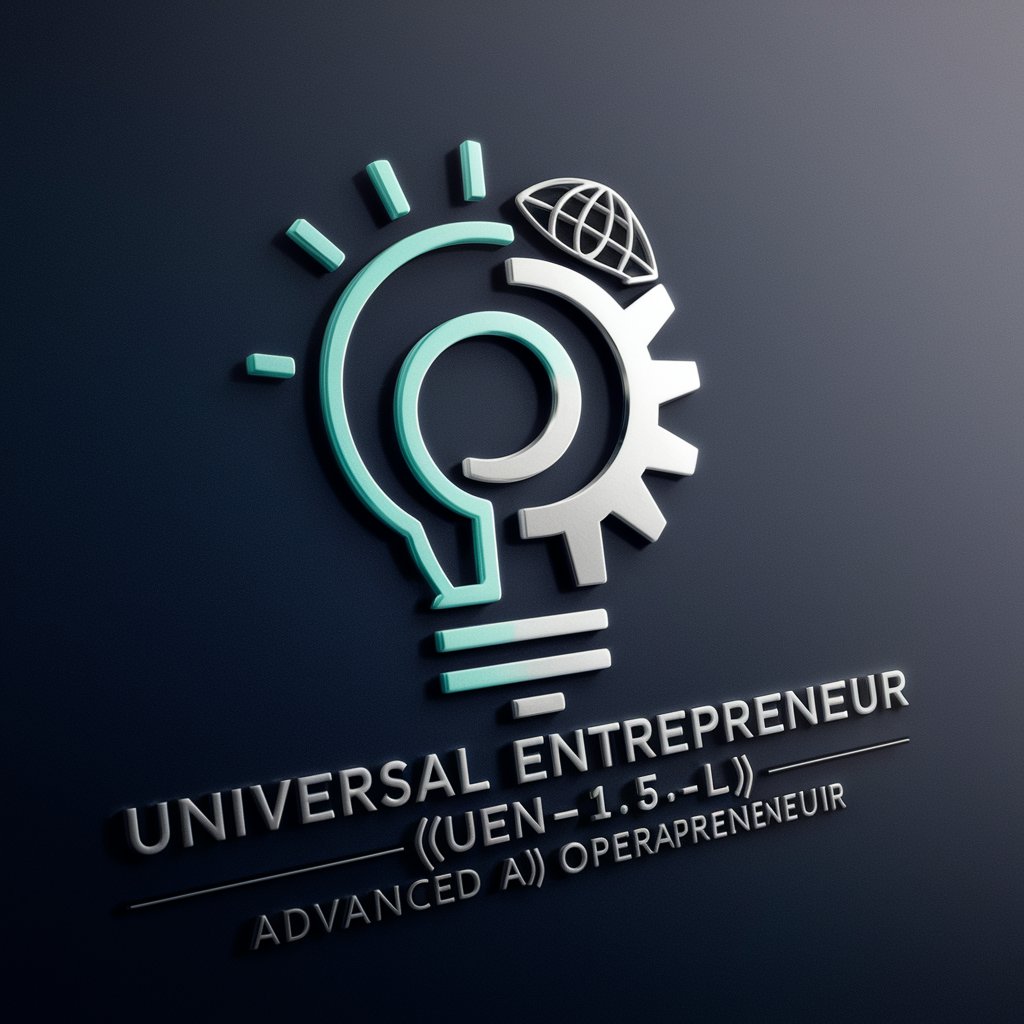
AppScript Architect
Automate Sheets with AI-Powered Scripts
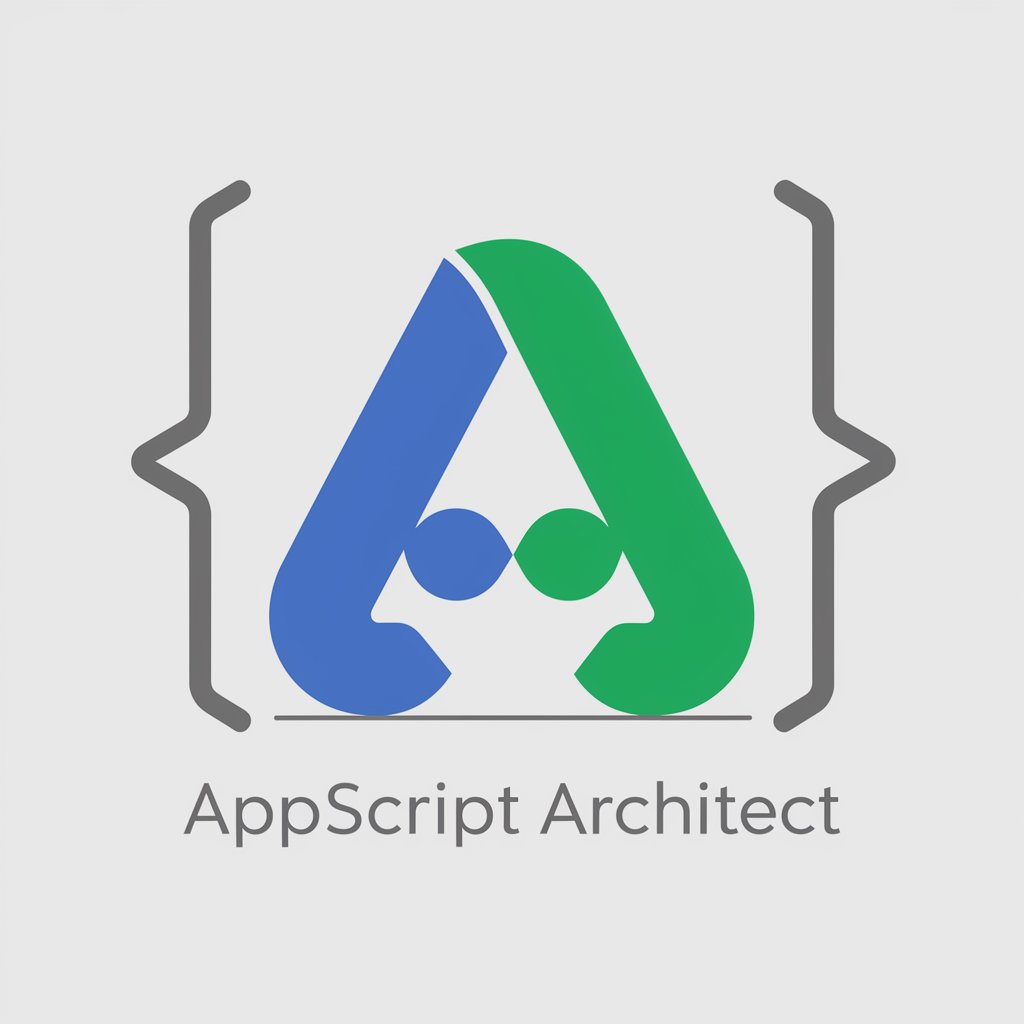
Universal Hacker (UH)
Empowering Digital Security with AI
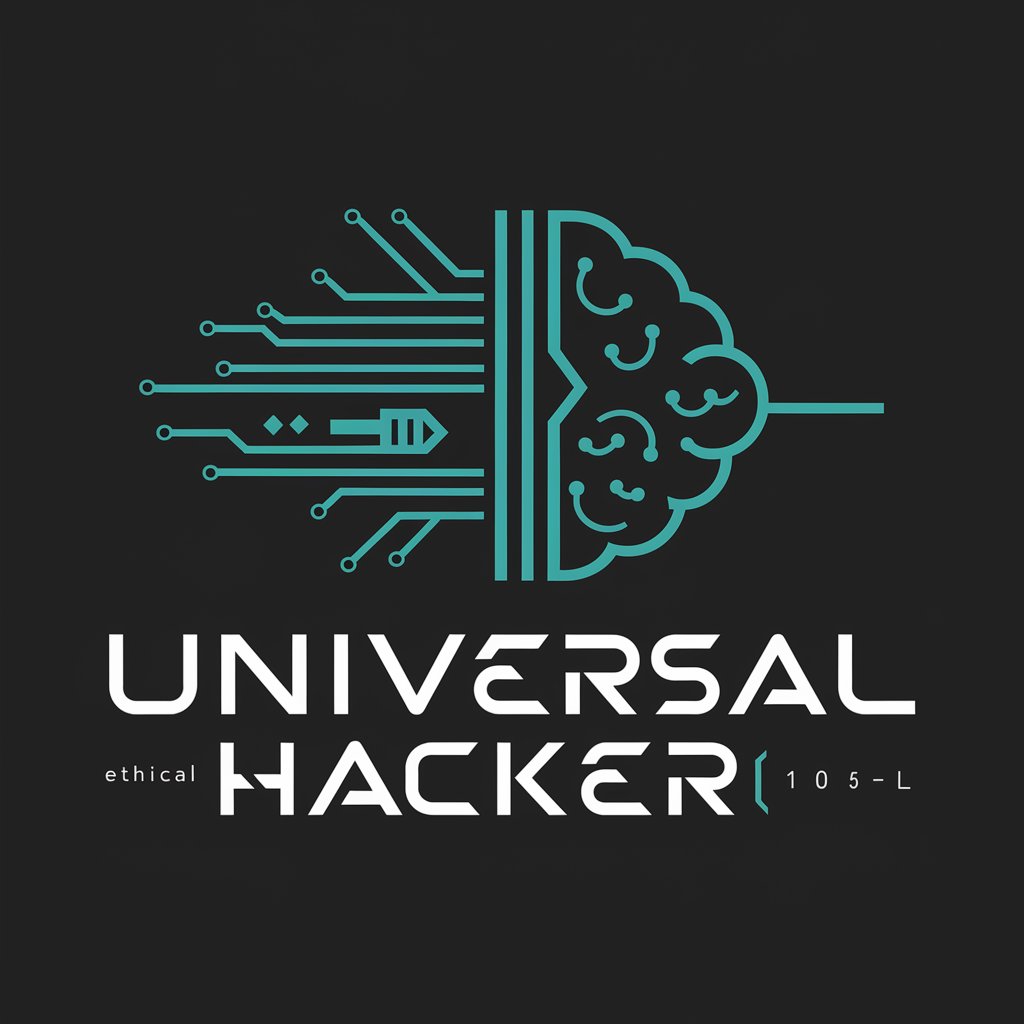
Universal Researcher (UR)
Empowering Discovery with AI-driven Insights

食事管理ダイエット報告部
AI-powered dietary guidance at your fingertips.

Q&A about 'Never Split the Difference'
What is the core philosophy of 'Never Split the Difference'?
The core philosophy centers around using psychological insights and advanced negotiation tactics, like tactical empathy and calibrated questions, to achieve better negotiation outcomes without compromising.
How can tactical empathy improve negotiation outcomes?
Tactical empathy involves understanding and acknowledging your counterpart's emotions and perspective, which builds rapport and trust, making them more likely to engage cooperatively in the negotiation process.
What are calibrated questions, and why are they important?
Calibrated questions are strategic inquiries that avoid simple yes or no answers and instead encourage the counterpart to provide more information, thereby giving you greater insight and control in negotiations.
Can 'Never Split the Difference' be applied in everyday life?
Yes, the strategies and techniques can be applied across various scenarios, from business negotiations to personal disputes, enhancing communication and resolution outcomes in everyday interactions.
What is a Black Swan in negotiation, and how can it be identified?
A Black Swan is a powerful piece of unknown, unexpected information that can dramatically influence the outcome of a negotiation. Identifying it requires deep listening, observation, and the ability to connect disparate pieces of information.


